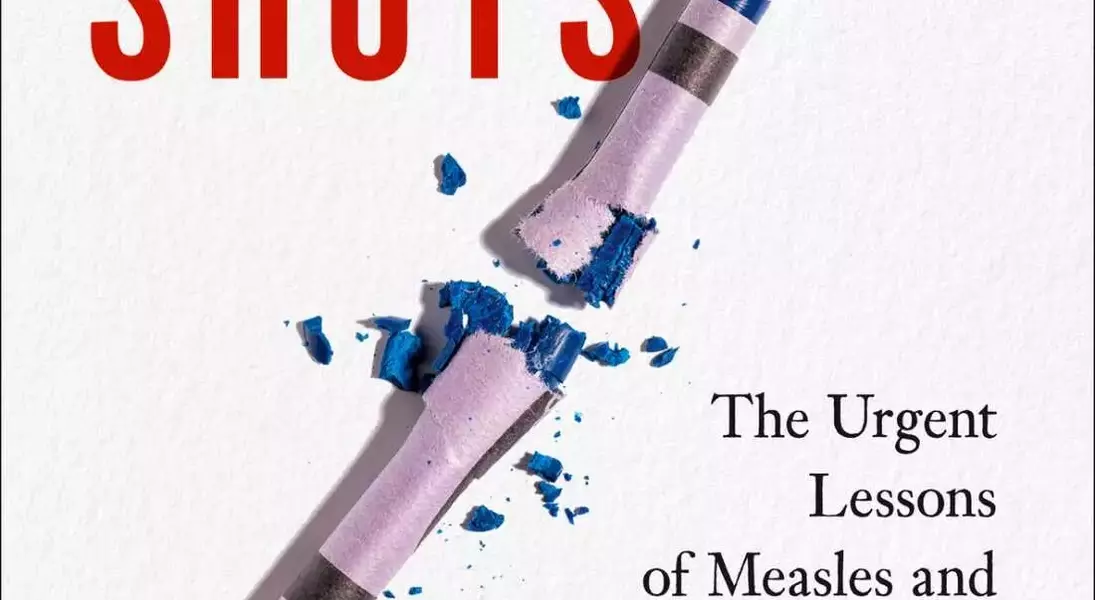



In recent years, the re-emergence of measles has become a pressing concern for public health officials worldwide. This highly contagious disease, which has plagued humanity for over a millennium, continues to claim thousands of young lives annually. Pediatric infectious disease specialist Adam Ratner highlights the alarming trend in his new book, Booster Shots. He argues that the resurgence of measles serves as an indicator of weakening public health infrastructure and declining vaccination rates. With outbreaks already reported in several U.S. states this year, Ratner warns that the situation could worsen if urgent action is not taken.
The Urgent Call for Public Health Action
In the early months of the year, small clusters of measles cases have emerged in various parts of the United States, including Texas, Rhode Island, and Georgia. Globally, the impact is even more severe, with estimates suggesting that over 107,000 children under five died from measles in 2023. In the U.S., the number of measles cases reached its highest point in five years, totaling 284 cases in 2022. The decline in kindergarten vaccination rates against measles, mumps, and rubella (MMR) has dropped below the critical 95% threshold recommended by the CDC, raising concerns about potential widespread outbreaks.
Ratner emphasizes that measles is exceptionally contagious, far surpassing diseases like influenza or COVID-19 in terms of transmission. Historically, before the introduction of the measles vaccine in the 1960s, the disease claimed hundreds of lives each year in the U.S. alone. The success of vaccination programs has led to a false sense of security, with many forgetting the devastating impact of measles. Ratner points to the importance of public policy in maintaining high vaccination rates, citing historical examples such as the 1970 Texarkana outbreak, where areas without mandatory school vaccination mandates saw significantly higher infection rates.
The nomination of Robert F. Kennedy Jr. as Health and Human Services Secretary has further exacerbated concerns. Given his long-standing opposition to vaccines, Ratner expresses deep worry about the future of public health initiatives, both domestically and internationally. Ratner's book underscores the fragility of public health achievements and the critical role of political will in sustaining them.
From a journalist's perspective, the resurgence of measles serves as a stark reminder of the ongoing battle between scientific progress and public skepticism. It highlights the need for continued education and advocacy to ensure that hard-won gains in public health are not lost. As Ratner aptly puts it, "We live in a society where child mortality is rare, but that is not guaranteed." Maintaining robust public health policies and high vaccination rates remains crucial to safeguarding the well-being of future generations.
